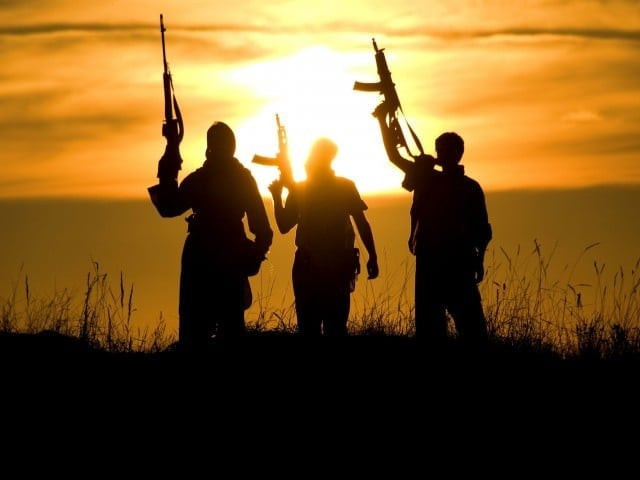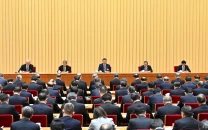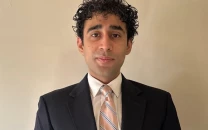India’s proxy web: Afghan general’s revelation validates Pakistan’s stance
Rise of terrorism in Pakistan is not the product of internal insurgency alone. It is carefully orchestrated proxy war

The recent confession by former Afghan General Sami Sadat regarding Indian money being channeled through the Taliban to arm anti-Pakistan militant groups once again validates Pakistan’s long-held concerns about India using Afghan soil for terrorism. He further disclosed that terrorist leaders have been openly operating from Afghan territory, enjoying safe havens and logistical support provided by elements within the Taliban.
Over the past few years, three key factors have emerged as a persistent threat to Pakistan’s stability: ungoverned spaces in Afghanistan, the advanced weaponry left behind following the 2021 withdrawal of US troops, and the growing cooperation between the banned Tehreek-e-Taliban Pakistan (TTP) and the Balochistan Liberation Army (BLA).
As the rise in terrorist attacks originating from Afghanistan demonstrates, the Afghan government has failed to manage its security situation. The Taliban’s tacit approval — also acknowledged by the United Nations in 2024 — has enabled terrorists to use Afghan territory for training, weapons storage, and cross-border operations.
A 2024 West Point analysis revealed that terrorist digital command structures rely on encrypted servers traced back to Indian intelligence. Airfields in Kandahar and Herat, now controlled by proxy groups, have reportedly become key transit points for arms, with NATO documents confirming their use in transporting drones and weapons to the Fitna-al-Khawarij (FAK). Hawala networks are also being exploited to conceal foreign state support for terrorism, with RAW and GDI operating behind tribal fronts.
In addition, Afghanistan’s weak oversight has allowed it to become a thriving narco-terror hub — a crucial supply line for FAK, supporting terrorist operations in K-P and Punjab. According to the Danish Institute (2024), the manipulation of transit routes — underwritten by foreign actors — is not about trade but about fuelling instability in Balochistan.
Pakistan has repeatedly pointed to the Afghan government's full patronage and India’s involvement in state-sponsored terrorism, particularly along the border. Indian state-sponsored terrorism is not covert — it is being implemented as official policy. Since January 2024, 5,436 Indian-sponsored terrorist incidents have been recorded, with 1,987 terrorists killed by Pakistani security forces.
Pakistan is not alone in facing this threat. Other regional neighbours have also suffered due to India’s use of state-sponsored terrorism to advance its Hindutva-driven agenda. For the first time in South Asia’s history, India’s infamous intelligence agency, RAW, executed suicide bombings in Sri Lanka via its proxy, the Tamil Tigers.
Today, Indian Prime Minister Narendra Modi and NSA Ajit Doval continue to spread terror in Pakistan through proxies like the TTP and BLA. India has historically been, and remains, a hub of terrorism in South Asia and beyond.
It funded 70 militants through Sarfraz Bangalzai, who exploited Baloch women for subversive purposes. BLA spokesperson Bahot Baloch, speaking on an Indian news channel, openly claimed responsibility for attacks in Khuzdar, on the Jaffar Express, and in other areas.
The rise of terrorism in Pakistan is not the product of internal insurgency alone. It is a carefully orchestrated proxy war — funded, directed, and supported by hostile intelligence agencies across the border. Pakistan must take decisive and comprehensive action against Indian-sponsored proxies, as pledged by its military leadership.
Terrorist groups operating from Afghan territory pose a serious threat not only to Pakistan, but to regional and global stability. The continued inaction of the international community risks emboldening countries engaged in state-sponsored terrorism — and may set a dangerous precedent for others to follow.
The writer is a freelance columnist and contributes regularly on issues concerning national security.



















COMMENTS
Comments are moderated and generally will be posted if they are on-topic and not abusive.
For more information, please see our Comments FAQ